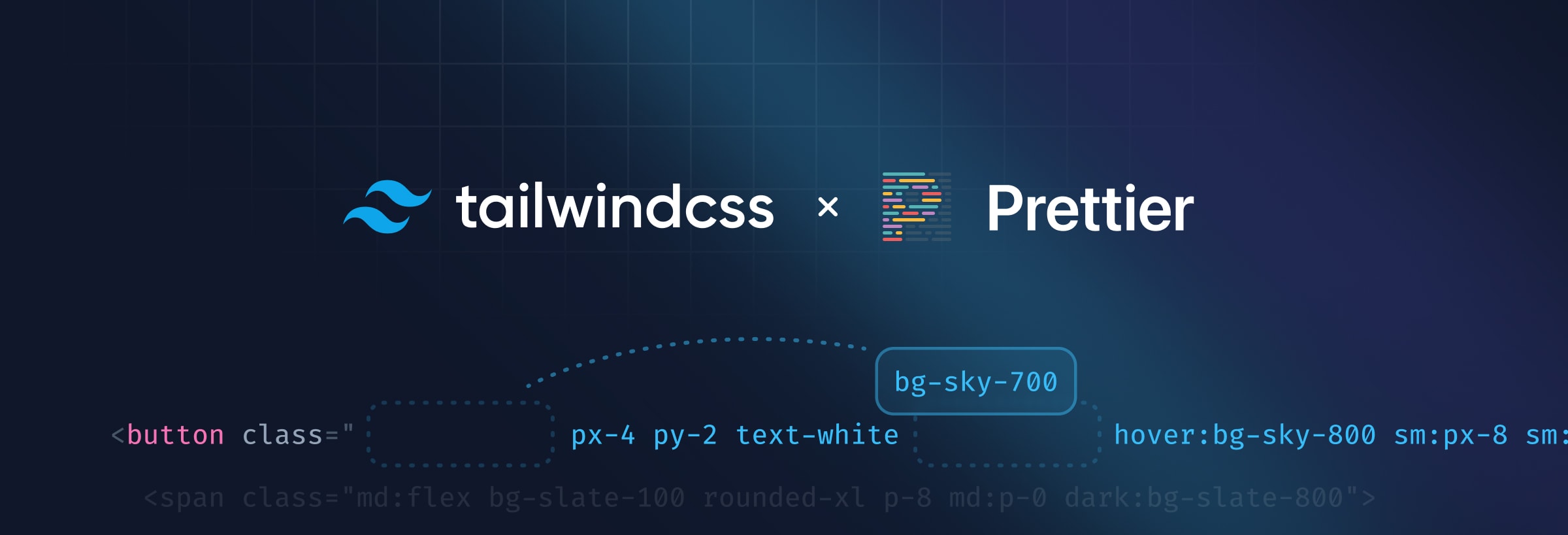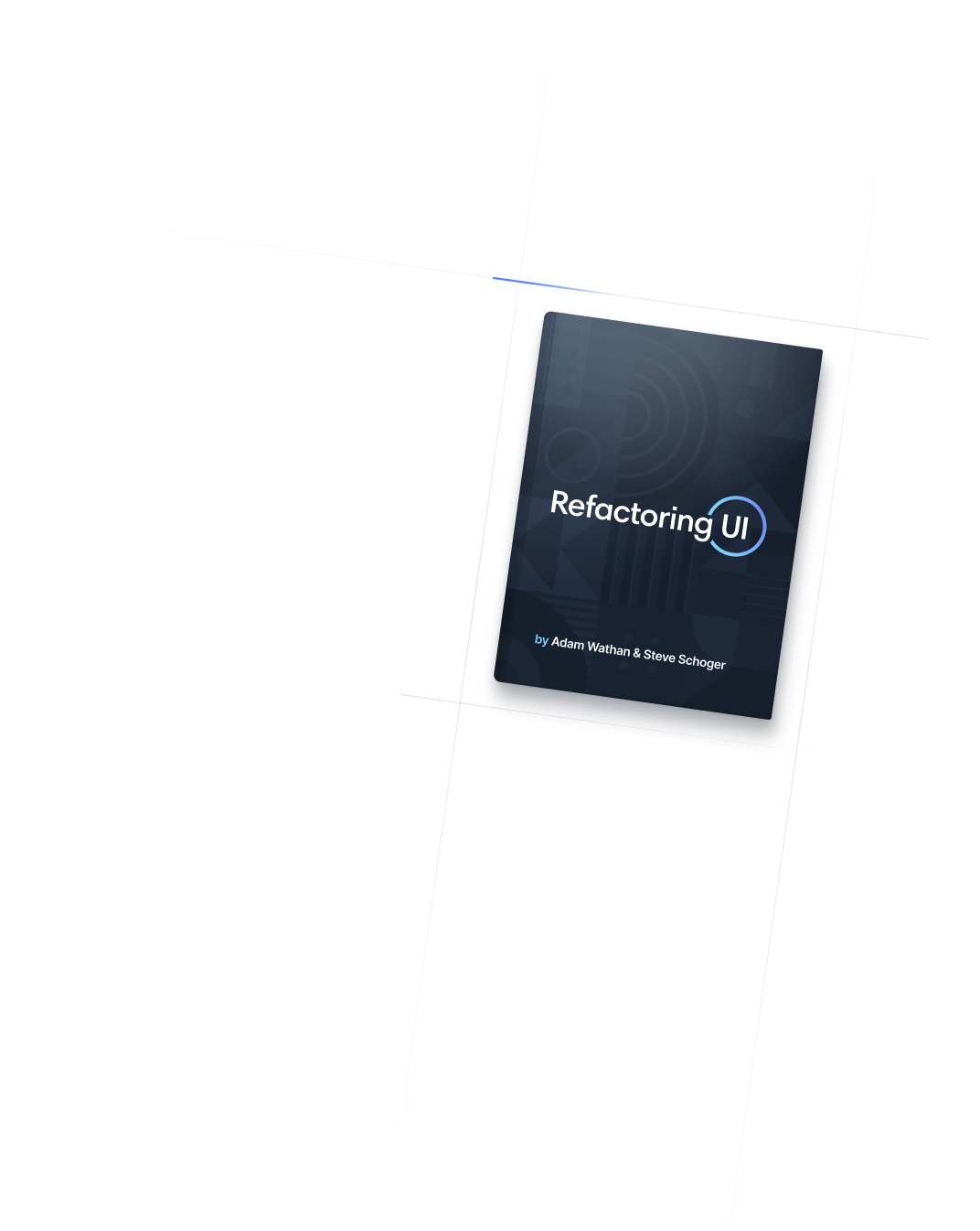
- Business
- Managing Oneself, by Peter Drucker (1999)
Business
Managing Oneself, by Peter Drucker (1999)
Key principles from Peter Drucker's work and insights into maximizing personal strengths and managing relationships effectively.
Principles
- Maximize Impact by Leveraging Personal Strengths Over Compensating Weaknesses.
- Achieve Success through Recognition of Individual Perspectives, Effective Communication, and Responsible Relationship Management.

“It takes far more energy to work to improve from incompetence to mediocrity than it takes to improve from first-rate performance to excellence.”
Principle Explanations
Maximize Impact by Leveraging Personal Strengths Over Compensating Weaknesses
To maximize impact, Peter Drucker advises focusing on leveraging personal strengths rather than concentrating on overcoming weaknesses. The ability to place ourselves in situations where we can make the greatest contributions is crucial and can be achieved through self-reflection and performance analysis. By tracking key decisions and their outcomes, we can better identify our areas of competence. Drucker emphasizes that the effort to transition from incompetence to mediocrity is far greater than that required to elevate good performance to excellence.

Achieve Success through Recognition of Individual Perspectives, Effective Communication, and Responsible Relationship Management
Echoing David Foster Wallace’s assertion that everything experienced indicates he is the center of the universe, we realize that all individuals perceive their world through their unique values and priorities. Success, however, requires transcending this self-centered view and focusing on others, akin to the fish becoming aware of the water in which it swims.
Effective relationship management thus involves learning to articulate your own perspective and seeking to understand others’. According to Drucker, recognizing the individuality of others, respecting their unique strengths, and communicating effectively to understand and adapt to their perspectives are crucial components of successful collaboration and common goal achievement.


